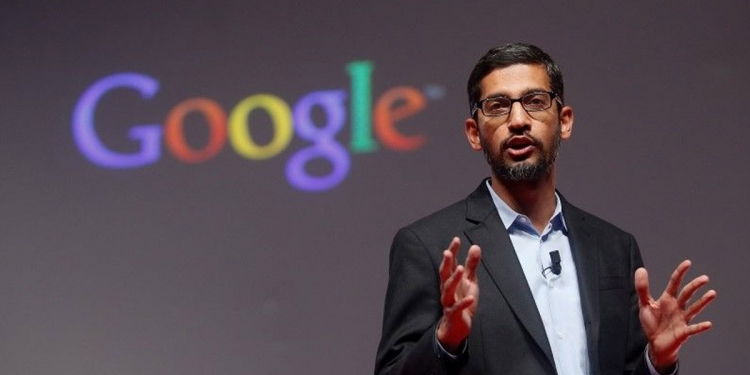Google has landed itself in hot water again, and this time it’s getting a hefty USD176.64 million fine (about RM734 million) for preventing smartphone manufacturers to create fork editions of its Android operating system. The Korea Fair Trade Commission (KFTC), an antitrust regulator in South Korea says that Google is abusing its market dominance through its anti-fragmentation agreements (AFA). KFTC says that the fine is possibly its ninth-largest sanction.
As the AFA prohibited smartphone developers from creating modified Android OS versions, the KFTC imposed a ban on Google LLC, Google Asia Pacific and Google Korea from requiring local phone makers to sign the agreement. Google is now required to modify the existing AFA and the ban was also extended to other Android-operating devices such as smart TVs and smartwatches.
After all, the AFA even impacted Samsung’s first Galaxy Gear smartwatch in 2013 which initially ran a customised Android 4.3 OS at a time when Google has yet to introduce Android Wear. Eventually, Samsung had to switch to TizenOS for subsequent releases as running a modified Android operating system on a smartwatch was “violating” the AFA. Samsung has recently issued a reminder to Galaxy Gear owners to switch to TizenOS by 5th August as Galaxy Store services on Android will be discontinued.
KFTC Chairperson Joh Sung-wook believes that this new ruling will allow more competitors in the mobile OS and app segments to emerge.

Google intends to make an appeal, and said that the regulator’s decision “ignores the benefits offered by Android’s compatibility with other programs”. However, the KFTC has actually been looking into this matter since 2016, so this enforces the idea that they are not going to backtrack on its decision. Furthermore, Google is also being investigated in other separate cases that are related to restricting its competitors concerning its Play Store and the advertisement segment.
Coincidentally, the fine occurred on the same day that a new law came into effect. The law is said to stop Google as well as Apple from forcing developers to use the tech giants’ proprietary payment systems when making in-app purchases. The law aimed at restricting Google and Apple from charging app developers’ commissions for in-app purchases.
If South Korea is making moves to curb what is seen as anti-competitive behavour by Google and Apple, would this mean that other countries would follow suit? This could be likely since Australia was also considering tightening regulations on Apple, Google and WeChat’s digital payment systems to address competitive concerns.







